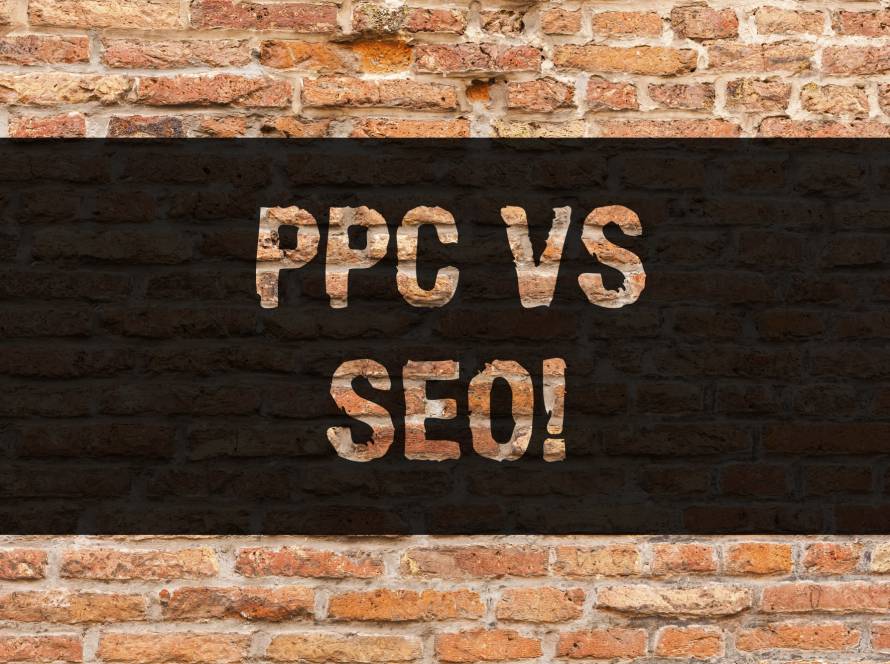Did you know that SEO for a small business is the most cost-effective and viable way of understanding and reaching customers during key moments? Consumers around the world have shifted online thanks to smartphones and tablets that keep them connected on the move.
Even the most traditional businesses have been forced to speed up their shift to digital marketing. SEO for business will improve your website’s visibility and overall searchability.
It is the best way to gain traffic where people organically find you online. Otherwise, you may need to keep increasing your marketing budget to always attract new customers. To avoid overspending your budget, here are the best 8 SEO tips for a small business.
1. Identify Key Problems
Before jumping into SEO solutions, you need to understand how people search for things online. When you know how people are finding you on the internet, you can keep giving them what they want.
Otherwise, you may end up wasting a lot of money on paid search while targeting the wrong crowd. To avoid delivering the wrong message, always know who you are trying to reach.
Then you need to identify the problems they have so you can provide the answers they are looking for. For example, if you sell fridges and your customers do not know how to clean theirs properly, you can write a blog post with tips on the best way to clean a fridge.
This will solve people’s problems, and you will come out on top as the authority on the subject. Instead of buying products from your competitors, people will rely on you more because you have all the knowledge they need.
2. Fix Technical Issues
Even though your small business site looks incredible on the outside with the nicest fonts and graphics, there may be a lot of technical problems under the surface. These can negatively impact your traffic and rankings.
Before jumping on a new marketing campaign, take some time to fix all the issues with your website. You need a solid structure so search engines like Google can crawl and index all your pages effectively. Some of the problems to look out for are duplicate content, broken links, and low speed.
3. Optimize Webpages
Instead of simply putting a target keyword strategically across a page, you need to optimize your web pages. On-page optimization is necessary to develop the right structure.
Always ensure that you add targeted keywords appropriately on each page. The best way to do this is by adding high-quality content that incorporates your targeted keywords to avoid them looking out of place.
Then you must also optimize your videos, images, meta description, internal links, tags, subheadings, and body content.
4. Optimize Business Profile
Having a Google Business Profile is the best way to provide all the information for your potential customers. If people need to know where you are located, how far is it to drive to your business, or how to call you, they should be able to find this information easily.
If someone struggles to contact you or find your webpage, they will not trust your business. In local search results, you can also find a section on your listing for people to ask questions. You should stay on top of these by answering them all to proactively provide the information people seek.
5. Research Competitors
Your competitors online may not be the same as those down the street. To master small business SEO, you need to do a competitive analysis.
This is where you can use tools to find what sites your competitors are ranking for, how many pages they have indexed, and the quality of their backlink profile. Then you should also see if they are ranking for long-tail keywords that you can also target.
6. Get Links From Local Area
Many small businesses forget to focus on links. However, it is necessary to get links to your site if you want to rank higher.
Think about engaging in “link attraction” to spread the word about your business. Then you can educate others and get involved in your local community to boost revenue.
7. Collect Reviews
Most people are conditioned to read reviews before making a purchase decision. This is because no one wants to go through the hassle of returning products and chasing after refunds.
Local reviews are one of the leading factors when it comes to ranking online. You can also improve conversions by getting plenty of reviews and feedback from customers.
Try to offer deals to your customers if they leave a review. It never hurts to ask someone to talk about how your product helped them in exchange for a future discount.
Even negative reviews are better than nothing because you get an incredible opportunity to connect with customers to show how much you care about them.
8. Create Media for Competitive Keywords
Without content, a website is doomed to fail. You need a lot of words so that search engines can know what you are about. However, content is not all about blog posts. You can also include videos and images.
If you are struggling to rank for a competitive keyword, you should optimize a video or image instead.
Image optimization creates a better user experience and fast page speeds. It is always best to combine visual media with written blog posts to provide the most relevant content that can boost your ranks online.
Master SEO for a Small Business Today
Now that you know what goes into SEO for a small business, it is time to put your plan into action. The first step is to always identify what your consumers are looking for and how to solve their problems.
Once you have this information, you can create everything else around it. Keep your customers happy to ensure that they leave reviews and build a social connection to lure people back to your products and services.
Contact us today, and we can propel your business to new heights with our SEO expertise in no time.



